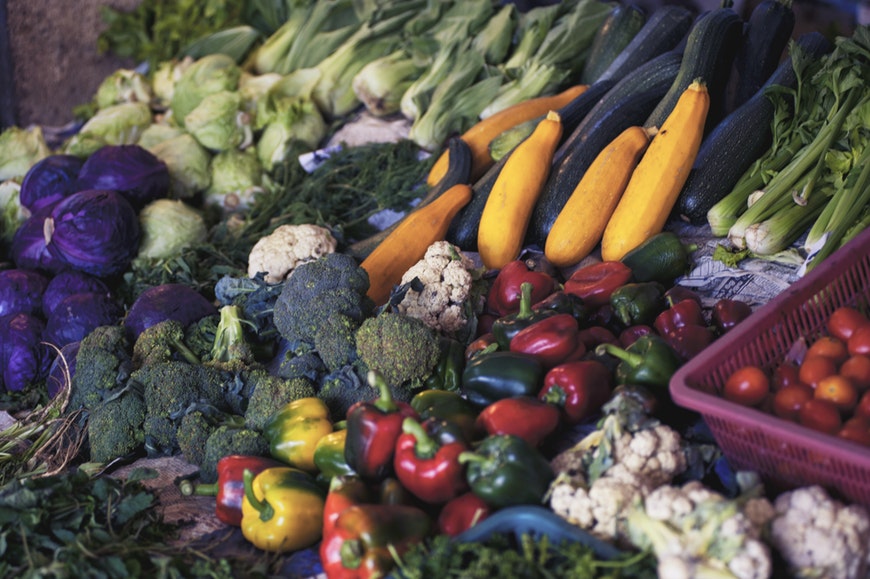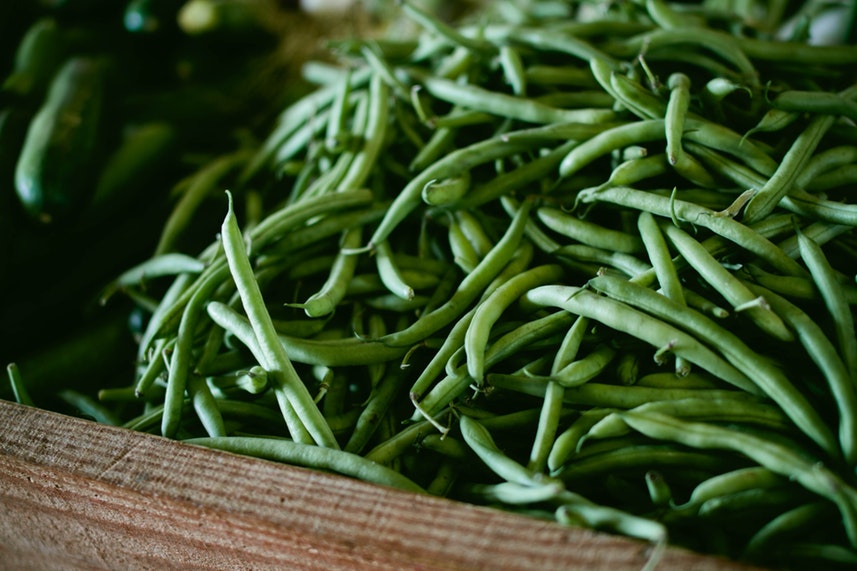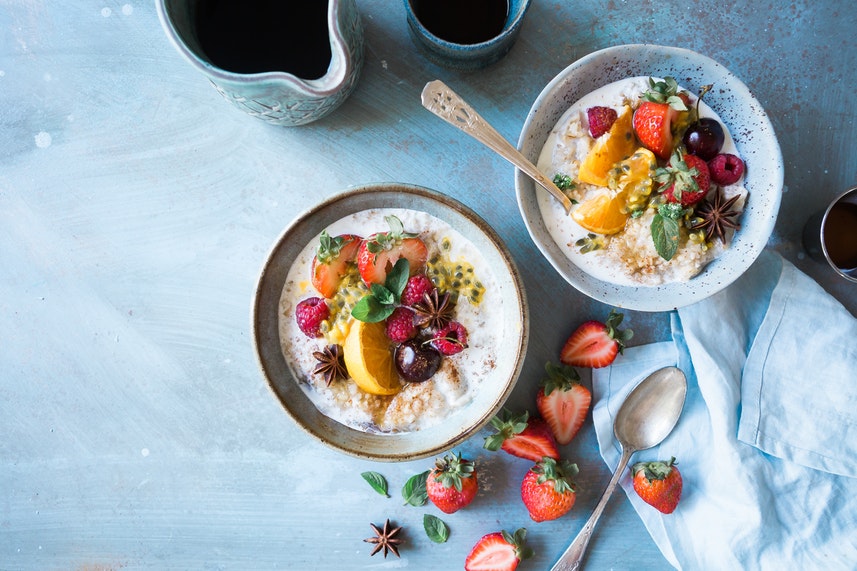Just about everyone knows that cooking at home isn't just healthier, it's more affordable, too. Nashville-based RDN, health coach, and recipe mastermind McKel Hill—the creative force behind Nutrition Stripped—has all the pointers you need to make it happen on the regular. Keep reading for the Well+Good Council member's advice on eating well without spending your whole paycheck on lunch.
Filling your grocery cart with healthy food items and the trendiest superfoods can add up real quick. But the good news is, you don't have to drop a ton of dough to eat healthy. As a health coach, I help my clients stick to a budget while filling up on good-for-you foods. I know it's possible. But it does take a bit of planning, and that's where batch cooking and meal prep come in.
It's a simple concept: Essentially, you devote a couple hours to preparing the majority of your meals for the week. (Bye-bye spending $12 every day for lunch!) As I share in the Guide to Master Meal Planning, batch cooking takes the guesswork out of healthy eating, and especially comes in handy when you're coming home from work without the time or energy to cook a meal—AKA when you're most likely to call up your favorite takeout guy.
Cooking in bulk or large batches will not only save you a tremendous amount of time for the week ahead, but it can also help you prepare meals using all your bulk purchased items for later by simply freezing.

{{post.sponsorText}}
There are four easy-peasy hacks to make your meal prepping a cinch. Keep reading for the lowdown.

1. Make your grocery list—and stick to it
Decide on three or four recipes you want to make on the week's batch cooking day. These recipes should realistically take you no more than one or two hours—nobody has time to be in the kitchen all day every week. Once you settle on the recipes, make your grocery list and stick closely to it. (You know how easy it is to fill your basket with extras, especially if you're hungry when you're shopping.)
Most whole-food ingredients are surprisingly affordable, especially when they're in season. Some of my faves are sweet potatoes, spinach, beans, squash, cauliflower, zucchini, and citrus.

2. Buy in bulk
Buy in bulk as often as possible. You may initially think you’re spending a lot of money, but when you break down the costs per serving, you’re actually saving money in the long-term. That's why Costco is so popular!
Try buying in bulk with beans, grains, nuts, seeds, and other produce items and storing them in airtight canisters and mason jars. I just shared a full pantry tour on the NS Blog if you need a little inspiration for storing these bulk items in an organized and functional way. Oh and bonus, it will make your pantry look super chic.

3. Befriend beans
Beans, lentils, and legumes are simple, affordable ways to bulk up any meal in terms of volume, calories, and nutrition without costing you much. They're rich in plant protein and fiber, and they offer versatility in texture for countless recipes. My favorite recipe right now is the Red Lentil Daal with Coconut and Squash from the NS Blog.

4. Put your freezer to good use
As much as I encourage freshly picked foods and seasonal farm-to-table eating, I understand it isn't always realistic. After you prepare healthy dinners on batch-cooking day, freeze them for quick, easy access when you're cooking dinner.
I've also learned to use the freezer to keep fresh produce like bananas, zucchini, and fruits to use in later in smoothies, soups, desserts, and stir-fries. Here's a tip: Chop the fruit, lay it evenly on a baking sheet, freeze so the pieces don't stick together, and then store them in an airtight glass container. When you need them later, it'll be easier to grab one or two pieces at a time!
Head over to Nutrition Stripped for meal planning-friendly recipes, and if you're ready to master this game-changing strategy, check out the Guide to Master Meal Planning for practical tips, helpful tools, and more than a year's worth of recipes to learn how to meal-plan for life.

McKel Hill, RDN, is a registered dietician nutritionist and the founder of Nutrition Stripped, which treats healthy food as more than just fuel—and gives expert advice on using its nutrients and flavors to make you feel amazing.
What should McKel write about next? Send your questions and suggestions to experts@www.wellandgood.com.
Loading More Posts...